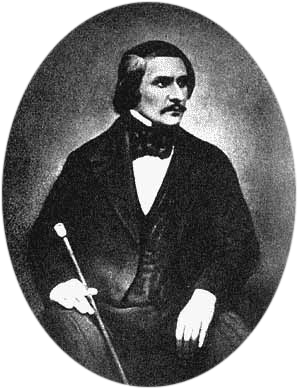The study of Shakespeare has, historically, thrived off of small inconsistencies in the great playwright’s printed editions. When you pick up a Folger edition of the Bard’s work and find that your favorite soliloquy out of the Pelican Shakespeare is ever so slightly altered, you experience the fruits of a literary labor that is as much a science as it is an art. The foundation of this science is called collation.
us toll free: 1-800-948-5563 international: +1 (843) 849-0283 UK: +44 (0) 1334 260018






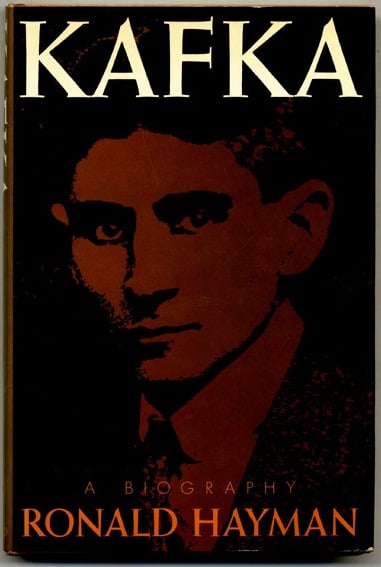

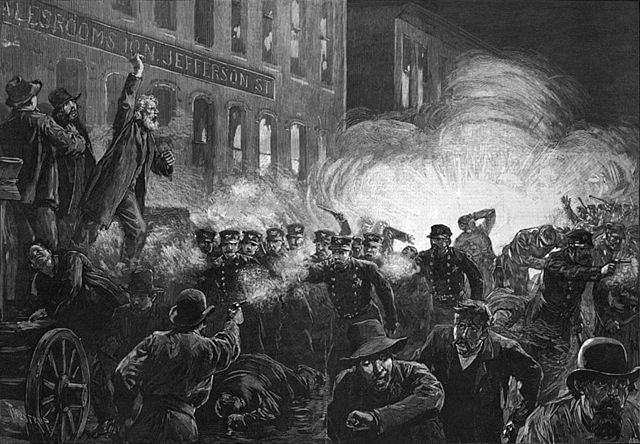
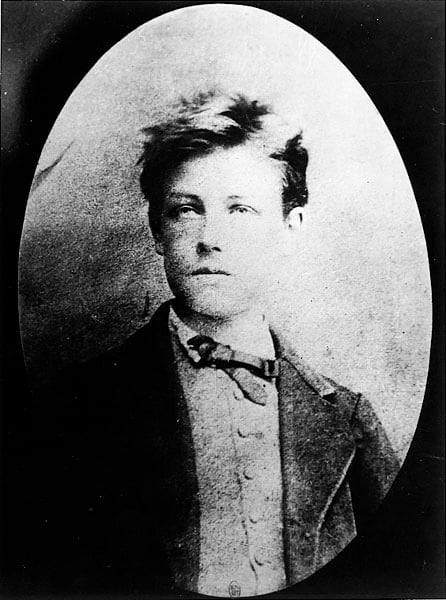
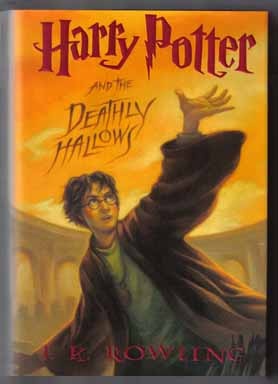
_PD.jpg)
